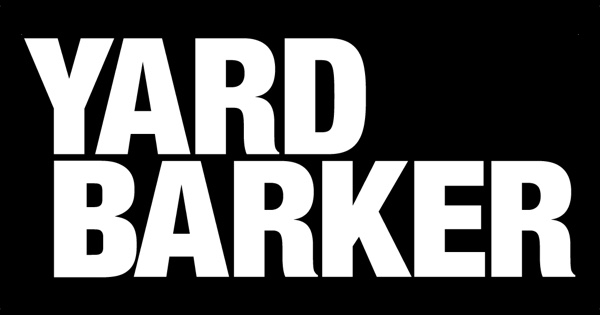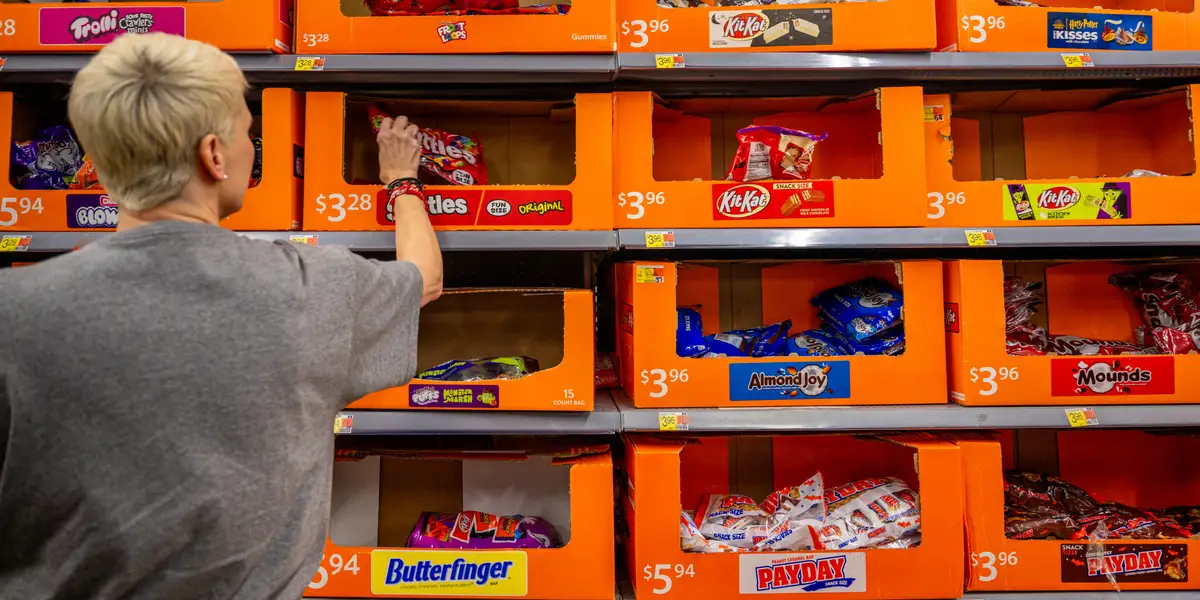Copyright The Street

Grocery stores across the country have been closing at an alarming rate, not just small local markets, but also major supermarket chains. These closures are leaving many communities with limited or no access to a nearby location where they can get all their food and household essentials. The closures reflect broader economic issues. Now, another grocery store chain is joining the growing list of closures, becoming the latest casualty in a wave of mass shutdowns that has occurred over the last few months. Founded in 1932, Price Chopper is owned by The Golub Corporation, which also operates supermarkets under the Market 32 and Market Bistro banners. The company runs 131 stores across six states, including Connecticut, Massachusetts, New Hampshire, New York, Pennsylvania, and Vermont. Price Chopper, Market 32, and Market Bistro stores nationwide New York: 82 Vermont: 15 Massachusetts: 14 Connecticut: 9 Pennsylvania: 7 New Hampshire: 4 However, one is about to be removed from that list. Price Chopper will permanently close its store at 358 North Main Street in Gloversville, New York, on January 10, 2026, as reported by WRGB. The decision marks the end of the company’s long-standing presence in the city, with the nearest remaining store located four miles away at 241 North Comrie Avenue in Johnstown, about a 13-minute drive. The Gloversville location currently employs 71 workers, comprising 18 full-time and 53 part-time staff members. Price Chopper stated that all employees have been offered positions at nearby company stores. While the company didn’t provide specific reasons for closing the Gloversville store, it said the decision was made in the best interest of the business’s long-term success. Price Chopper closes more stores across several states Although Price Chopper says it rarely closes stores, Gloversville isn’t the only community affected. In recent years, the chain has quietly shuttered several underperforming locations across multiple states. Earlier this year, the Price Chopper at 50 Cambridge Street in Worcester, Massachusetts, closed its doors, as reported by Telegram & Gazette in January. The closure affected 76 employees, all of whom were offered transfers to nearby stores. Despite the loss, Worcester still has four remaining Price Chopper locations. More Store Closures: 70-year-old supermarket chain closing multiple locations Popular local bakery chain closing all stores next month 43-year-old grocery chain to close stores less than a year after opening In April 2024, the company closed its store at 3863 Route 31 in Clay, New York, according to Syracuse.com. The closure impacted 103 employees, who were also offered jobs at nearby stores. With this shutdown, Clay was left without a Price Chopper, though two locations remain open in nearby Syracuse. That same month, the Price Chopper at 1510 South Main Avenue in Scranton, Pennsylvania, closed as well, affecting 85 employees, as reported by WNEP. Like the other closures, staff were given opportunities to transfer to nearby stores. Nationwide grocery store shutdowns Price Chopper’s downsizing reflects a concerning trend in the grocery and retail sectors. Economic uncertainty, shifting consumer habits, and rising operational costs are forcing many companies to scale back or consolidate by closing locations. The number of U.S. store closures is expected to reach 15,000 in 2025, more than double the 7,325 closures recorded in 2024, according to Coresight Research. As of January 17, 2025, over 2,000 planned closures had been tracked, with major U.S. retailers announcing 29.6% fewer openings and 334.3% more closures compared to the same period the previous year. “Our industry, long accustomed to operating on narrow margins, is once again feeling economically squeezed,” Food Industry Association CEO Leslie Sarasin told Supermarket News. “These performance pressures remain persistent, and the outlook presented in our recent analysis highlights a broader trend—a sharp rise in costs associated with regulatory actions at the federal and state levels, and their impact on the food industry in recent years.” Major grocery chains closing stores in 2025



